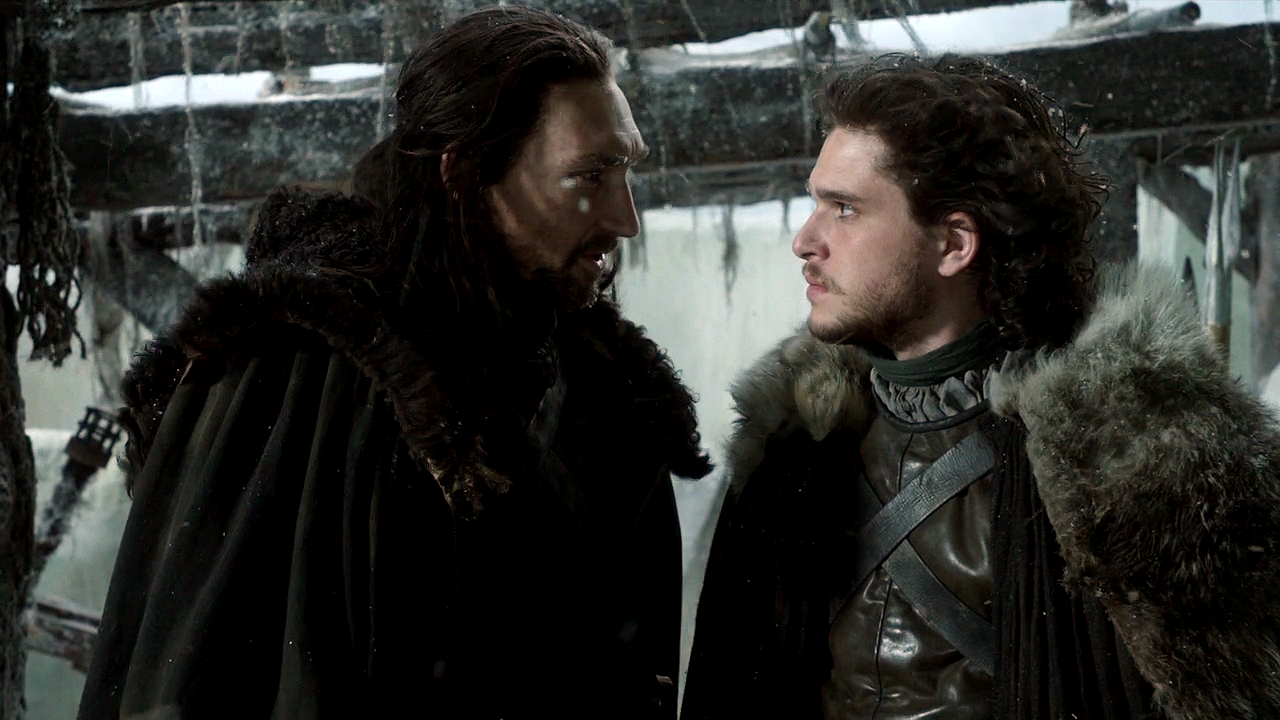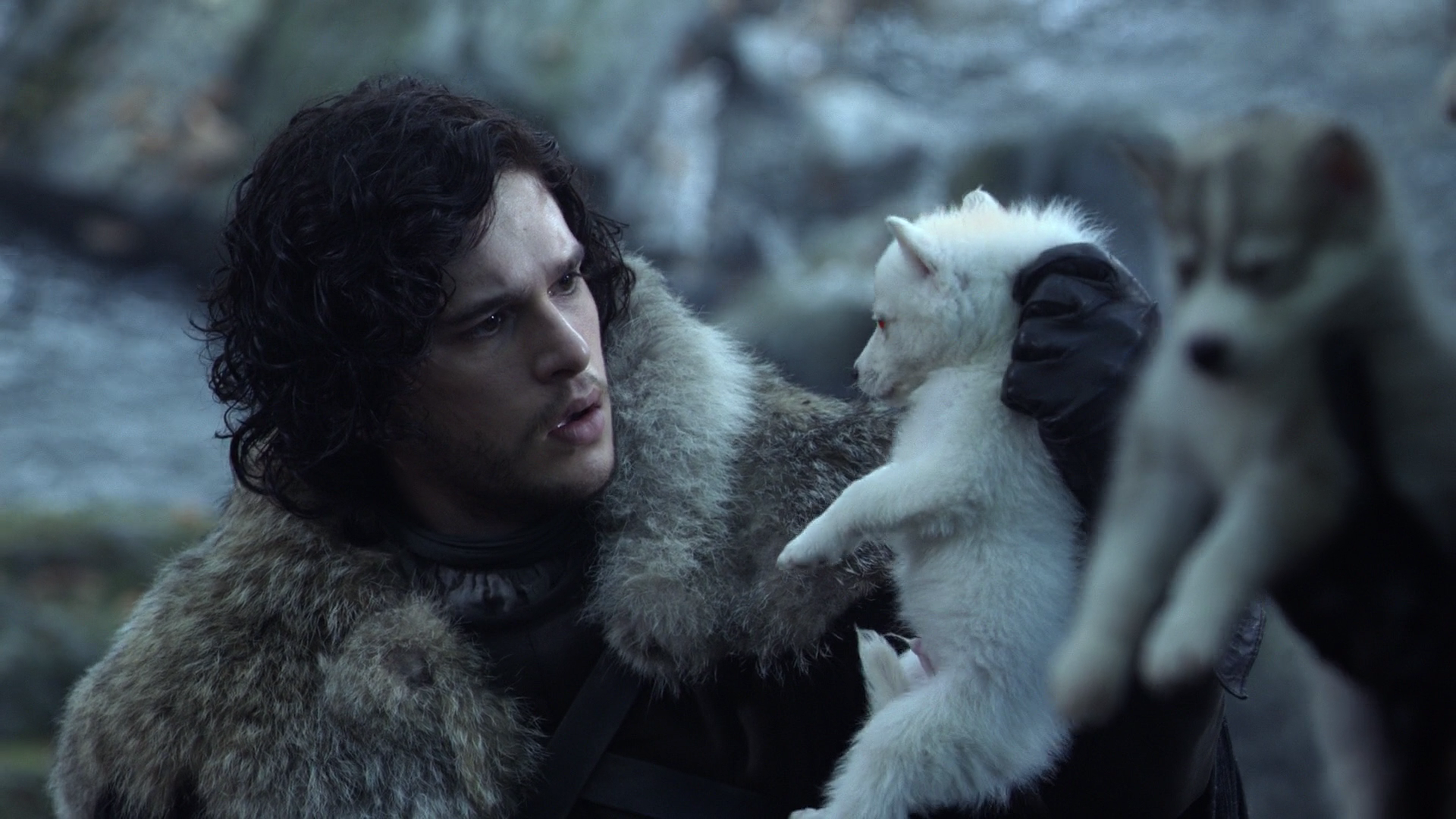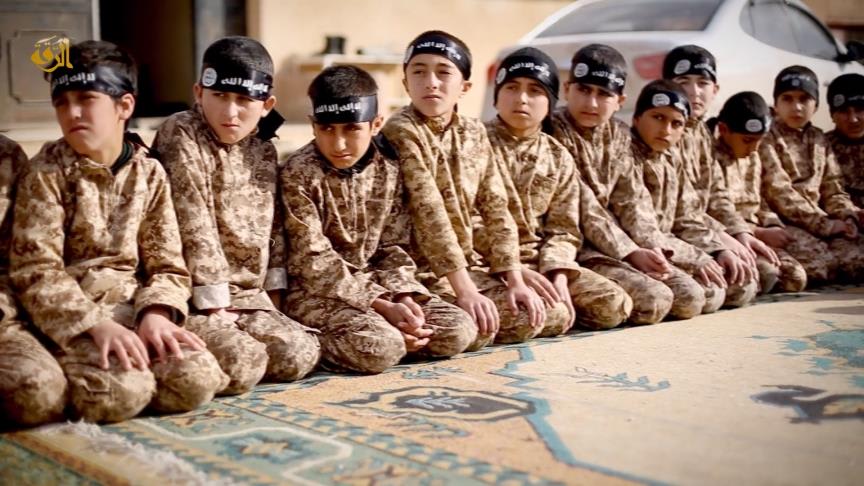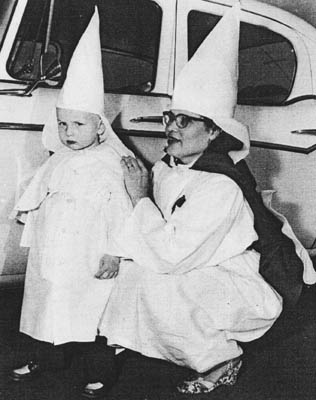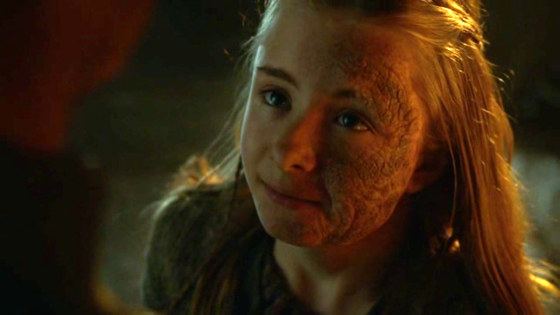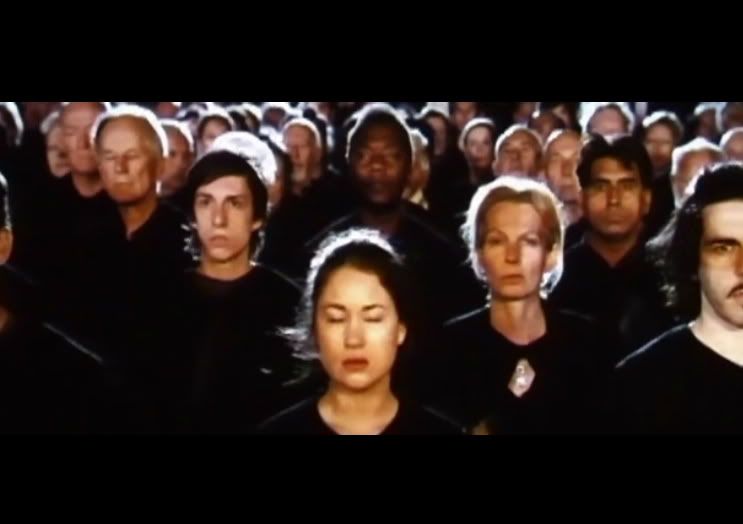
"We're in the age of the democratization of power. Small actors can do big things. The state no longer holds monopoly on the use of force," he said.
Whether Anonymous, whatever Anonymous is, committed the recent cyber attack that shut down several government websites yesterday remains to be seen. That's part of the problem with collective anonymity; when no one knows who you are, anyone can pretend to be you.
We value anonymity for valid reasons; there can be very personal consequences for political actions, even when - especially when - the cause is just. Equally, there is power in collective identity, a symbolic face that can be worn by legions. This is true whether it's a Guy Fawkes mask, a uniform or a partisan t-shirt.
Yet with the power of anonymity comes great consequence, with mistrust and paranoia chief among them. Human beings are hard-wired to identify threats before they do harm - it's a big neurological piece of why bigotry and especially violent bigotry exist.
Of course, you don't need to be anonymous or tribal to have powerful impact. Ted Kaczynsk, among others, demonstrated that before the Internet and Social Media became a thing.
With the advent of the digital realm, it's continuously easier for a growing percentage of the populace to engaged directly with politicians, public information and even the policy-making process itself. Regular citizens can have Twitter conversations with Ministers of the Crown, post and vote directly on policy initiatives and even play a role in writing government directives.

This is happening at the same time as government power is increasingly consolidated in one person (the Prime Minister) and their unelected advisors (the real-world version of the Small Council). Yes, we are seeing the collection of information reduced, those who speak truth to power silenced and decisions being made on poorly-conceived ideological grounds. Opposition Parties vying for power are practising internally the exact same methodology. These are very troubling truths.
Thing is, these truths are dependent on just one thing - public passivity.
We have a representative democracy in Canada where Parliamentarians are meant to represent their constituents in holding government to account. In reality, Parliament is now an arena for would-be governments to duke it out, with our representatives by default representing their Party more than their constituents. It's not that our democratic representation has been taken away from us so much as we have failed to adapt engagement to the times.
Two teenagers can command media attention and even get face-time with a Premier. It's a real thing. Facebook campaigns have stopped policy in its tracks. We, as citizens, have more power to shape the policy agenda than ever before - we simply aren't exercising that power broadly, nor responsibly.
Politicians are only creatures of their Parties when their constituents allow them to be. This happens because as citizens, we have fallen into price-matching political platforms and politicians instead of being active participants in shaping the direction of government.
Political parties have the power to fund or not fund local campaigns, promote or not promote their Members and, should they form government, deliver or not deliver on local projects. That's a heck of a lot of influence over our representatives.
At the end of the day, though, it's our votes that Members of Parliament require most. Between a promotion to Cabinet and simply holding their seat, which option do you think a politician would prioritize?
Citizens have the potential of enormous power to influence government - it's even more the case as Open Government becomes a thing. If we choose not to exercise that power, we end up with the status quo. If we choose to exercise that power irresponsibly, however - as I would argue this cyber attack was - government has plenty of cause to step back from openness and indeed start moving the other way.
There's an irony here which Anonymous should really pay attention to, given where they've borrowed their brand from. But I guess some people like picking fights, regardless of collateral damage.
Open Government is not an inevitability - in fact, it's an impossibility without responsible society.
Responsible Government:
- the powers of the governor general are limited - a fundamental concept which exists
nowhere in any legal document
- based on the notion that the executive is accountable to the House of Commons
- those who exercise executive power must obtain the support of the House for the use of
that power
None of this happens, because with majority governments, Parliament is beholden to Government in the person of the Prime Minister and his backroom. In short, the PM is the new King and his advisers are the new Privy Council; Parliament is more the King's court than the people's representatives.
The move to Open Government increases public access in much the way Magna Carta increased access for Parliament to government. Combined with the increased consolidation of power in the office of the Prime Minister means the role of Parliament is changing.
Similarly, the role of citizen is changing, too. We want more from government - we're not going to get it unless we're willing to step up as well.
Representative Democracy is failing; it's a model that simply can't be sustained with the demographic and access changes that have emerged. The old model could never be equipped to tackle Wicked Problems anyway.
What's emerging now is Participatory Democracy - a model in which Parliamentarians will act more like facilitators between the people and the public service, with Cabinet acting as coordinators and project managers.
But it won't happen unless we all learn to exercise our powers responsibly.
That's the choice before us. We can ignore the burning platform until we are all consumed. We can light sparks ourselves. Or we can learn to collaborate.
Its time we stop believing that he who has the gold or the crown makes the rules and start believing that with great power comes greater responsibility.
I have no qualms about being on record as having said so.



